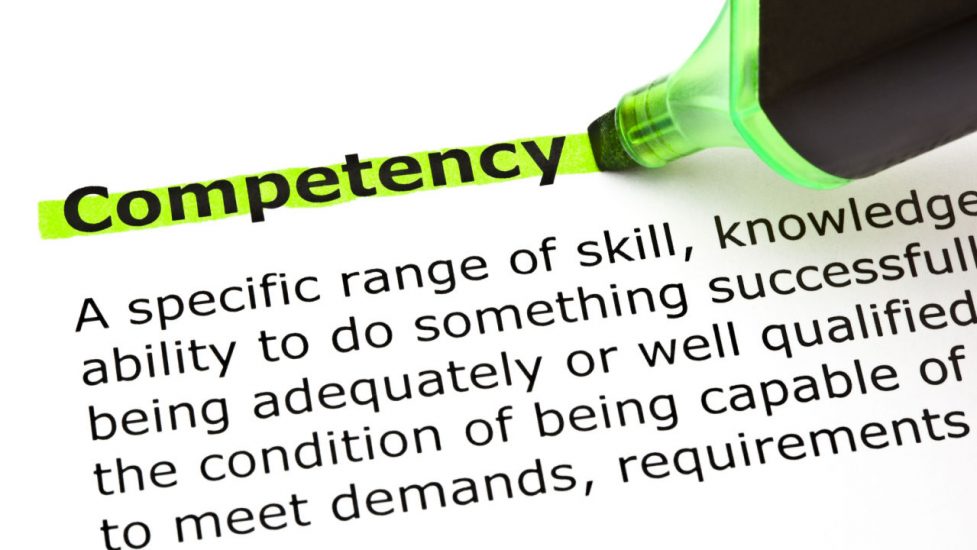There is increasingly more conversation around competency-based learning and how scaling these solutions can create greater equity in education systems and institutions.
Today, during the annual CBExchange conference organized by the Competency-Based Education Network (C-BEN), a new report – Scaling Competencies as the Currency of Learning – was released offering an agenda and calls to action to create impactful access to competency-based learning.
“We develop and support learning that focuses on true competency – what an individual knows and can do – rather than on proxies for knowledge and skills,” says C-BEN.
According to the new report, about 600 institutions – both two- and four-year colleges – offer more than a thousand CBE-based programs. It continues, “And there’s an appetite to grow those numbers. Recent research shows that 82% of institutions expect CBE programs to grow over the next five years.”
The need to create these learning opportunities is of high importance, according to the report. “More than 39 million Americans have started a college education but have never finished a degree or other credential. Many of them have developed knowledge, skills, and career-relevant behaviors on the job, but they don’t have a good way of translating those into a credential that would help them advance in their career.”
The report notes “many barriers – in policy and regulation, in institutional structures and practices, and in how education is incentivized and funded – stand in the way of using competencies as the currency for the future of work.”
The CompetencyXChange
Introduced in the report, the CompetencyXChange – “an initiative to position competencies as the currency of equitable economic opportunity and boost the adoption of high-quality competency-based learning solutions.” A key part of this work brought together a taskforce to create an agenda that focuses on seven core areas, including policy, quality assurance, employers, providers, education technology, research, and community.
Among the recommended actions for employers – “support education benefits designed for frontline workers that result in high-quality credentials and, where appropriate, partner with higher education to recognize work-based learning for credit through education programs.”
For stakeholders in K-12, higher ed, the military, and workforce development – “partner more closely with employers and community partners to achieve equity by designing and delivering programs that lead to economic opportunities and a more fulfilled life.”
The report encourages a next step to engage K-12 partners. “There is a sense of urgency. The rapidly-changing workforce – driven by technology and globalization – is changing how we work,” says Jane Oates, president, WorkingNation who was among the conference panelists discussing the report’s agenda. Oates, as well as others, contributed to the crafting of the CompetencyXChange.
She continues, “The average teen doesn’t know about cybersecurity, data analytics, bioengineering. We need to take the mask off. Education needs to be more transparent. Society cannot afford so many people to remain on the sidelines.”
“We hear it all time. K-12 is not preparing our students for what they need for today’s workforce. Competency-based education can step in,” says panelist Jon Alfuth, senior director of state policy, KnowledgeWorks.
Panelist Yolanda Watson Spiva, Ph.D., president, Complete College America adds, “I hope we don’t get weary in well-doing. Continuing and persisting. Continue to have the conversations about CBE. Think expansively. Keep students at the center of the conversation, even as it changes.”
“Time is the enemy. People need the ability to go into high-demand, high-pay careers. Now,” urges Watson Spiva.

The CompetencyXChange asks stakeholders for their commitment to competency-based education and opportunity by signing here.











